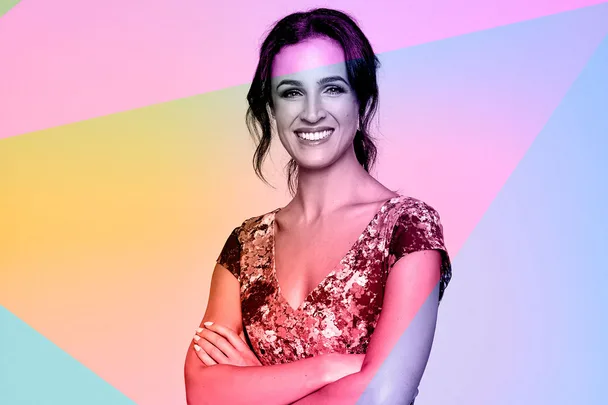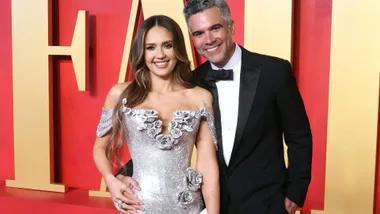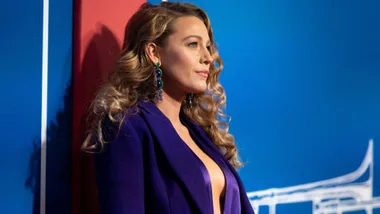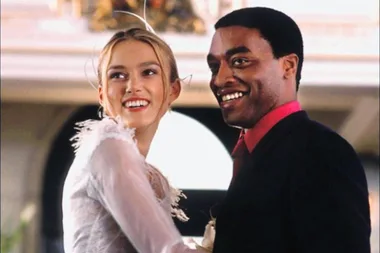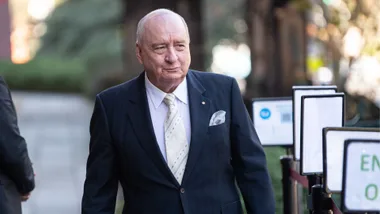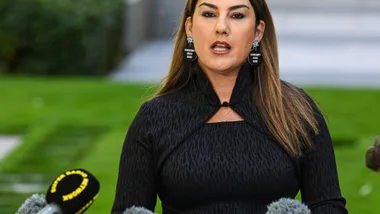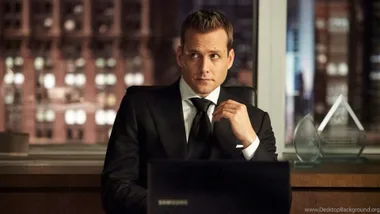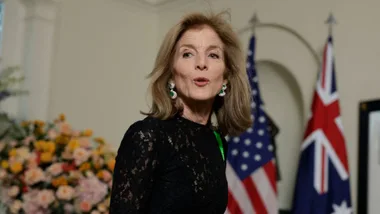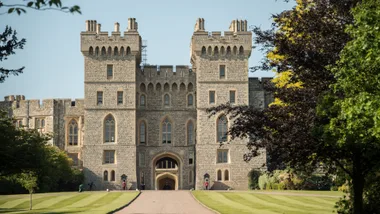During her coverage of the 2018 World Cup, SBS sport presenter Lucy Zelić faced intense online abuse from trolls, directed at her pronunciation of players’ names. Now, she’s hitting back with a passionate plea for accountability.
When I started my career in television seven years ago as a naïve 26-year-old, I had no idea what was waiting for me on the sinister side of social media. In the beginning, the tirades of online abuse I faced forced me into a bad place and I began questioning myself and my capabilities as a journalist. But over the years I’ve developed a thicker skin and learnt to handle it. When disaster strikes, I simply turn off my notifications and that’s how I’ve managed to survive, but it’s not completely airtight.
After my daughter Mila arrived in April last year, everything changed for me. I realised that she too would be growing up in the social media era and all of a sudden I began to care about the way people interacted online, particularly after an anonymous coward commented on a photo of her, “Burn, you fucking witch, and your child too.”
It triggered an irrepressible rage in me. I simply couldn’t comprehend that a human being could say this about a five-month-old baby. What’s worse is that people actually liked the comment.
So, I embarked on the most confronting challenge of all and decided to look into just who these people were. I read the comments that were said about me and other public figures and I was truly horrified. People said that I deserved to be raped and killed, others were wishing that footballer Granit Xhaka’s infant daughter got cancer, and some hurled targeted abuse at a range of celebrities. It was an emotionally gruelling exercise.
What shocked me most was that some of these people weren’t the low-life degenerates we’ve been told to expect. They were mothers attacking female reporters, fathers of young girls asking models to “bend over for the camera”, teenagers competing in high school sports carnivals telling athletes to kill themselves, nurses caring for the terminally ill calling women sluts, and middle-aged men on holidays with their wives abusing actresses. It was deeply disturbing. If anyone was to say these things to you on the street, police would question them, but the online space feels exempt from such protections.
Perhaps the biggest mistake we’ve made is labelling these vicious people “trolls” because it’s dehumanised them and put them in an untouchable category. The reality is, they’re sharing our workspaces, our street corners
and even our beds – they are people we know.
We’ve been told to “empathise” with them, to not fight fire with fire, to use filters and block them; but I can assure you none of it works and I’ve realised I can’t level with hatred, bigotry, racism and sexism. But I can fight against it.
Recently, I began speaking to members of parliament, media personalities, parents, social media platforms and advertising agencies about the urgent need for reform.
There is increasing evidence that social media can influence suicide-related behaviour, with children as young as 14 taking their own lives. Just the thought of this terrifies me, and after everything I’ve been through, I don’t think I could forgive myself if I didn’t try to make a difference.
It’s why I am calling on all social media users to #BeAccountable – for their identity, for the images they share and the comments they post. The hashtag is designed to call out untoward behaviour and start a national conversation about the way we behave online. For too long we have been trying to shroud the trolls in darkness. It’s time to bring the human beings to light.
This article originally appeared in the marie claire April 2020 issue
